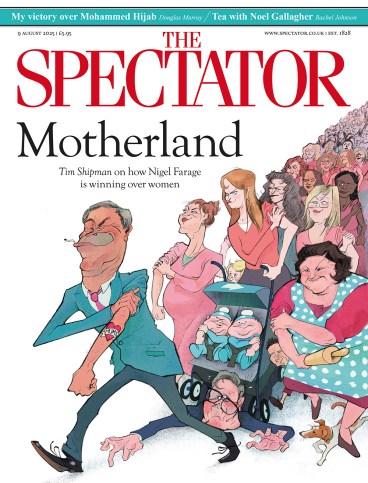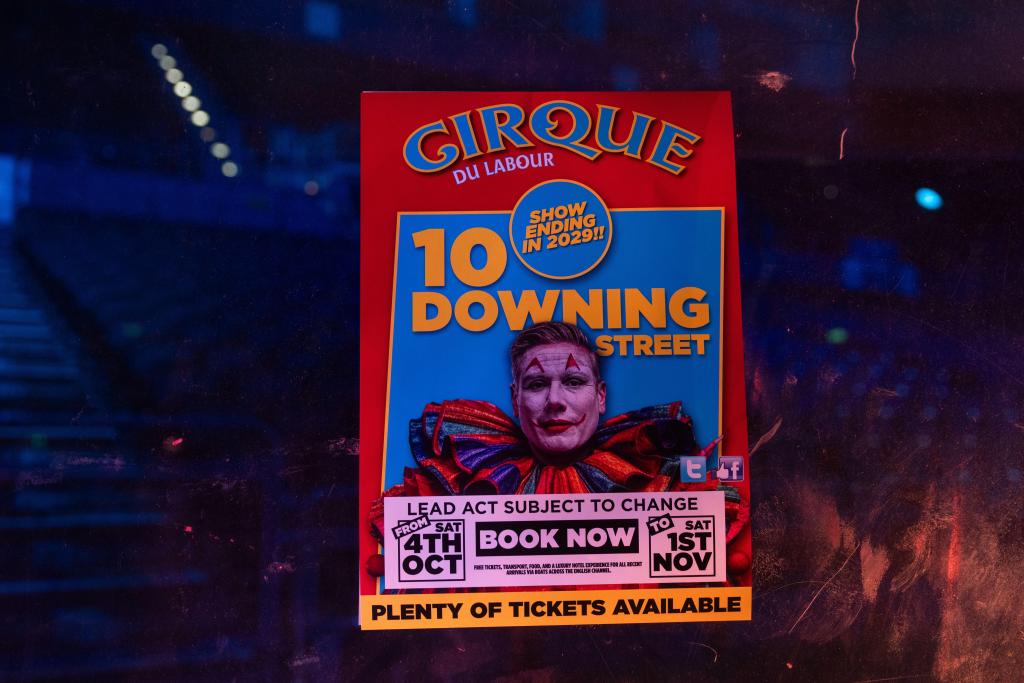
During the immigration deluge in the wake of Russia’s invasion of Ukraine, it seems one Afghan and one Indian national who threw themselves on the mercy of much-besieged Ireland got lost in the shuffle. Fobbed off with €25 vouchers, they were obliged to sometimes sleep rough for two months, without access to food and hygiene and exposed to hardship and fear. They’ve sued the Irish state. Knowing Irish NGOs, I bet they got help.
The government has argued that the pressures on Ireland’s hospitality at the time were severe enough to qualify as a force majeure. Their reception centres were full to bursting and there was no room at the inn (and haven’t we heard that before). The Irish High Court sought a ruling from the European Court of Justice. Last Friday, the ECJ determined that being overwhelmed and full up did not reprieve the state from its obligations under the EU Reception Conditions Directive to provide all asylum seekers with, among other things, housing, food, clothing and education for minors. Therefore, having been cheated of such provisions, the petitioners are likely due compensation. Why, those 71 days of Down and Out in Dublin could really pay off.
So no matter how limitless an inundation of indigent foreigners and how finite their own resources, European states literally owe nationals from all over the world a living. Because housing is a ‘human right’. (Certainly it’s a human right according to the New York Democratic mayoral nominee, Zohran Mamdani, who hopes to extend the city’s hitherto ruinously universal ‘right to shelter’.) Food is a ‘human right’. Healthcare is a ‘human right’ (often extending to sex-change operations). The umbrella of ‘human rights’ does nothing but expand and now protects not merely citizens but anyone from anywhere who rocks up on your patch.
Imagine, then, that you were born in a rural area of an African country whose political rhetoric isn’t so loftily supranational. If you don’t scratch a few mouthfuls from your parched smallholding, you don’t eat. Your ‘accommodation’ wouldn’t naturally command such a grand label: a grass-roofed hut with a mud floor. Inside you cook on an open fire, the smoke from which is ravaging your lungs. Second-rate healthcare may be available only after a long, expensive journey. Education for your children requires school fees you may not be able to afford. Anyone in such circumstances who hears tell of a place where all these basic needs are ‘human rights’ even for foreigners and doesn’t hightail it to such a Valhalla would have to be stupid, lazy or crazy.
Haven’t we created a better
world, in which everything
is free and work is elective?
Brits shouldn’t feel smug about no longer being required to follow the likes of the EU Reception Conditions Directive (yet; give our friend Sir Keir a bit more time), because in the UK asylum seekers are due not just free room and board, but often luxury hotel digs – with four-poster beds, video games and all-you-can-eat buffets – as well as group outings to the circus and safari parks. For British asylum seekers, even Netflix and Disney+ are ‘human rights’. Funnily enough, Whitehall doesn’t consider such subscriptions human rights for its own citizenry, some of whom, astonishingly, have to pay for them.
This human rights business is a bigger issue than its influence on immigration. Is it really the case that the world, or at least your government, owes you a living from the off? At this point, too, maybe we should be asking what’s not a human right. In fact, many folks seriously argue that access to the smartphones and the internet is now a human right. Well, we all grow hair. So shouldn’t haircuts be a human right? Electricity, clean running water and indoor plumbing? If so, why should anyone pay utility bills? In both British and American cities, the effective decriminalisation of shoplifting – which progressives justify as the poor’s response to ‘inequality’ – means just about any off-the-shelf good is a human right. Razor blades. Turtlenecks. Mayonnaise. A human right is anything you happen to need.
Bloated welfare rolls suggest that opting for benefits in Britain has become a lifestyle choice. Taking advantage of a host of programmes, Americans, too, can amass more in state support than the average wage. But isn’t that nice? Haven’t we created a better world, in which everything is free and work is elective? That way you only take a job if it’s fun.
Alas, gifting sweeping human rights to some people takes other people’s human rights away. Requiring the state to provide all-comers with housing, food, clothing, healthcare and, yeah, maybe even haircuts implicitly demands that the state requisition these resources from the few suckers who still work for a living. The suckers are punished twice: they provide their own basic needs – even their own safari park tickets! – and then they provide the basic needs of everyone else. Eventually the smarter dray horses will stop hauling the cart and jump in the hay wagon, too.
The western welfare state disables the survival instinct – or at least reroutes it from foraging in the forest to foraging on governmental websites. State dependents apply all the cunning, ingenuity and resourcefulness they might otherwise have employed to keep body and soul together in a more Darwinian social landscape to filling out forms, researching on TikTok what phrases to use in Zoom interviews with bureaucrats and maximising motability schemes. This is where I’m supposed to add: ‘Of course, advanced societies shouldn’t let people starve!’ But maybe this ostensibly unquestionable precept has sown the seeds of our destruction.
A handful of genuinely hungry people could be usefully cautionary. Western refusal to house, feed and clothe every newcomer might encourage more would-be immigrants to make a go of things where they are. And without handouts, you can bet most of those anxious and depressed young people currently swelling the disability rolls would figure out how to obtain a sandwich before they fainted from malnutrition.








Comments